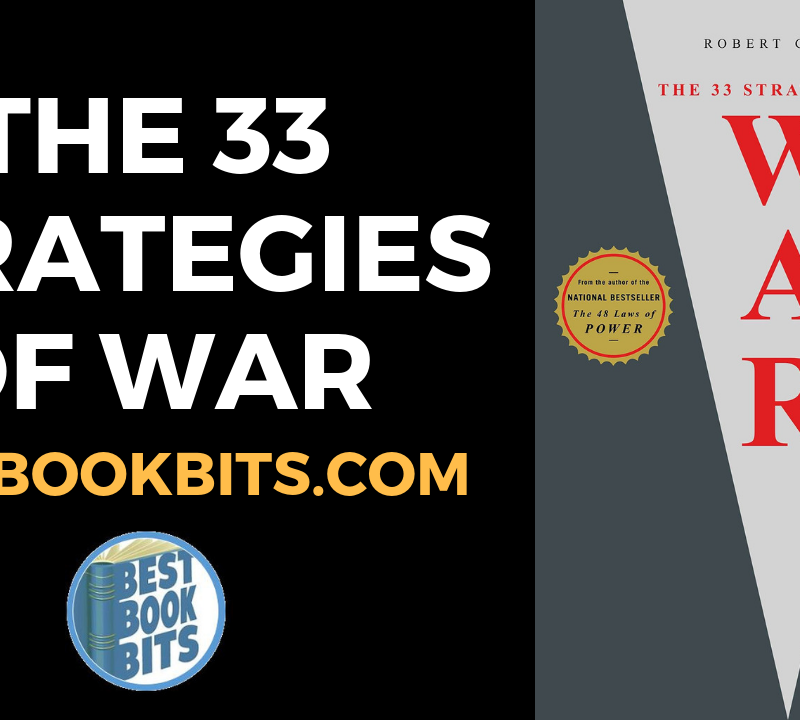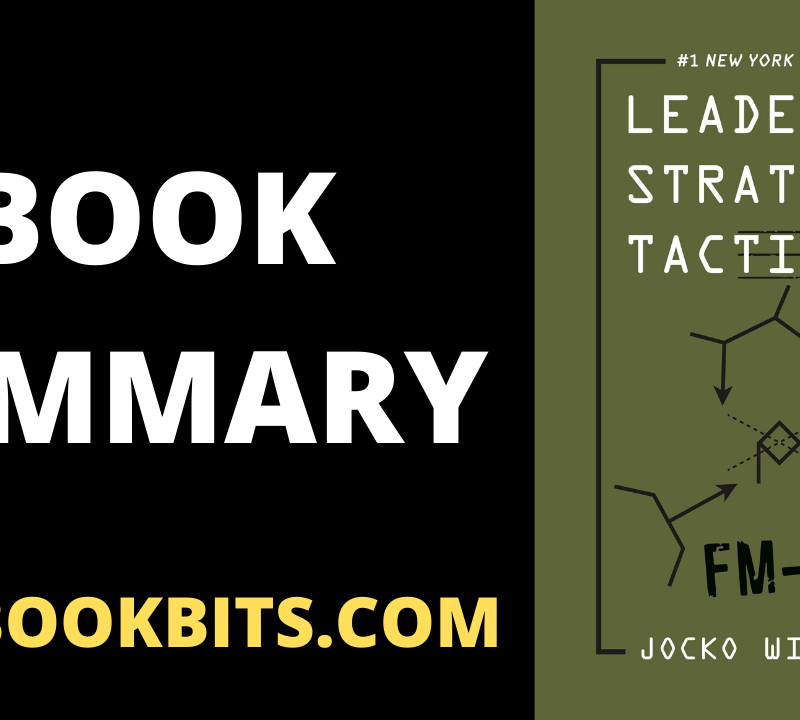★DOWNLOAD THIS FREE PDF SUMMARY HERE https://go.bestbookbits.com/freepdf
? MY FREE BOOK TO LIVING YOUR DREAM LIFE” https://go.bestbookbits.com/first-seven-steps
? SPONSOR BESTBOOKBITS BY USING PATREON https://www.patreon.com/bestbookbits
? SUPPORT BESTBOOKBITS BY CLICKING THE LINKS BELOW
150 PDF Summaries: https://go.bestbookbits.com/150
Coaching Program: https://go.bestbookbits.com/coaching
Subscribe to My Channel: https://www.youtube.com/bestbookbits?sub_confirmation=1
Website: https://bestbookbits.com
Instagram: https://www.instagram.com/bestbookbits
Spotify: https://open.spotify.com/show/0q8OW3dNrLISzyRSEovTBy
Facebook: https://www.facebook.com/michaelbestbookbits
Book Club: https://bestbookbits.com/bookclub/
Mailing List: https://mailchi.mp/d1dfc1907cdb/bestbookbits
John Maxwell is one of the world’s foremost authorities on Leadership. John has trained millions of people and written over 50 books. Like many other authorities on Leadership, John would agree that Leadership is about Setting Direction, Aligning People, Motivating and Inspiring. John breaks down leadership even further.
Each of the 21 laws has its own chapter in which John shares personal stories and biographical sketches of some of history’s greatest leaders. A quick look at each law is as follows:
- The Law of the Lid. It states that there is a lid on orlimit to our potential that is determined by our leadership ability. As we growour abilities as a leader, we automatically grow our ability to impact theworld. If our leadership ability stagnates, so does our ability to make abigger impact.
- The Law of Influence. Influence is the power or capacity to produce adesired result. Maxwell refers to this law many times throughout the book.Simply stated he says that the true measure of leadership is influence- nothingmore, nothing less. Influence is what helps fulfill the goals and dreams of theleader and without influence, a leader lacks the ammunition to reach thedestination.
- The Law of Process. Leaders are learners and their capacity todevelop and improve their skills distinguishes leaders from their followers.The learning process is ongoing and a result of self-discipline andperseverance. To quote Maxwell “If I need to be inspired to take stepsforward, then I’ll attend an event. If I need to improve, then I’ll engage in aprocess and stick with it.” Maxwell asks the questions “What is one littlething you can do more of that would have a positive impact on your life or yourbusiness? And is there something you can stop doing that will have the samekind of impact?” Both are important as we strive to get a little better everyday.
- The Law of Navigation. Anyone can steer a ship but it takes a leader tochart the course, carefully, seeing where they want to go and charting the mosteffective course to get there. This holds true for individual leaders and forleadership teams. To quote Maxwell “If the leader can’t navigate the peoplethrough rough waters, he is liable to sink the ship.”
- The Law of Addition. The law of addition focuses on advancing others,not ourselves. Leadership is an act of service to others and the true leaderfocuses on creating value for others. The best place to serve is where we canadd the most value to others. Leaders add value to others by valuingothers and relating to what others value. True leaders ask “How can Iserve?” Because they are focused on service, it’s not so much about“What’s in it for me.”
- The Law of Solid Ground. The solid ground is solid character, livingwith integrity, authenticity and discipline. Trust is the foundation ofleadership. It is earned or it isn’t. Character is the source of trust. Webuild our character by being scrupulously honest, even when it hurts. To beauthentic, we must be ourselves with everyone, not pretending to be something thatwe aren’t. Discipline comes from doing what needs to be done whether welike it or not.
- The Law of Respect. We must be strong and worthy of respect if wewant people to respect us, to have a high opinion of us and be willing tofollow our lead, because people naturally follow people with leadership skillsand traits stronger than they possess. Choosing those one wishes to follow isnot accidental. People follow others who possess leadership traits they respectand admire and consider more worthy of respect than themselves.
- The Law of Intuition. Great leaders have intuition, the sense they shouldhead in a certain direction. Intuition is the power to discern the true natureof a person or situation. Like any other leadership quality, intuition can bedeveloped. Leadership intuition is really that inner thought or perception tomake a particular change in an organization, or to know what to do at aparticularly challenging time. To trust oneself, ones insights, onesinstincts.
- The Law of Magnetism. Maxwell describes leaders as magnets. Theyare constantly attracting followers and often attracting new leaders tothemselves. It is because of this that organizations experience growth.However, we attract people like ourselves, so if we want to attract great people,we must ourselves be great.
- The Law of Connection. Connection is to bring or to join one thingto another, to hit it off, to be on the same wavelength. Establishing aconnection with another person is vital in leadership. A CEO who fails toemotionally connect with his people is on the road to failure because we mustconnect with others before we can expect them to follow. As Maxwell says“Leaders touch a heart before they ask for a hand.”
- The Law of the Inner Circle. It states that those closest to us willdetermine our potential as a leader. They should be people who have our bestinterest at heart, want to see us succeed, and able to hold us accountable. Ourstrength as leaders comes only partially from what we know. It is alsodependent on the skills of our inner circle and how closely connected our innercircle is to each other. An example of the law of the inner circle comes to usfrom Mother Teresa, who said “You can do what I can’t do. I can do what youcan’t do. Together we can do great things.
- The Law of Empowerment. So many of us are limited by ourunwillingness to give up something either because of wanting to hoard knowledgeand skills to ensure job security, resistance to change, or lack of self-worthor low self-esteem. Empowerment is to give the means, the power oropportunity to do to others. In order to empower others, we must first trustourselves and then trust others to follow through managing processes andperforming the tasks.
- The Law of the Picture. People do not do what people hear, they dowhat they see. Leaders lead by example. Because of this, we must embody ourideals to create a picture of what will inspire people to follow our lead.
- The Law of Buy-In. Getting support for our ideas, vision and strategyrequires others to buy-in to us first before deciding to support our ideas,vision and strategy. In the words of General H. Norman Schwarzkopf, “Leadershipis a potent combination of strategy and character. But if you must be withoutone, be without strategy.” The law of the buy-in causes people to take one ofthese actions: to look for another leader when they do not buy-in to the leaderor the leader’s vision; to look for another leader when they do not buy-in tothe leader, but do buy-in to the vision; to seek to change the vision when theybuy-in to the leader, but not the vision; or to support the leader and thevision when they buy-in to both.
- The Law of Victory. Leaders find a way for the team to win. True leadershave a passion for victory. Winston Churchill is one of the finest examples ofsomeone who inspired victory. His most famous quotes are” Never, Never, NeverGive Up!” , “The Harder The Battle, The Sweeter The Victory!” and “Victory AtAll Costs, Victory In Spite Of All Terror, Victory However Long And Hard TheRoad May Be: For Without Victory There Is No Survival.” Abe Lincoln is quotedas saying one of his general’s leadership captured defeat out of the jaws ofvictory by not having a passion for victory. A victory that comes from findinga way for the team to win may be having no Plan B or going from Plan A all theway through the alphabet to bring our vision to life and do what we’re here todo.
- The Law of Big Mo. If we’ve got all the passion, tools andpeople we need to win, we’re in trouble if we can’t get things going. Big Mo is“Momentum” and momentum is a close friend of effective leaders. When we have nomomentum, even the smallest tasks seem insurmountable and small problems looklike huge obstacles. On the other hand when we have momentum on our side, the futurelooks bright, obstacles appear small and troubles seem unimportant. Creatingmomentum requires someone who has a vision to assemble a good team and motivateothers. Momentum starts with energy and enthusiasm to create and celebratesmall wins to show consistent progress which is a powerful motivator.
- The Law of Priorities. Many people are so busy that they can’t getanything important done. They are unfocused and this can only lead to failure.Focusing on what is most important is so much more effective than beingbusy. Becoming laser focused on a clear vision leads to more success,faster, even when what has to be done is difficult or even painful. We’veall heard of the 80/20 rule. It says that 80% of our activities will lead to20% of our results and that 20% of our activities leads to 80% of our results.The key is to identify the 20% of our activities that bring us the highestreturn on our investment and get rid of or delegate the rest of the activities.Once we understand our focus, we can prioritize our to-do list and make thingshappen faster.
- The Law of Sacrifice. Leaders trade freedom for responsibility. Inany organization of more than one person, the larger the organization gets andhigher we go, the more we need to be willing to give up. A leader must give upto go up. Maxwell says and I quote “It is easier to go from failure to successthan it is to go from excuses to success.” I never thought of this before, butit makes a lot of sense. Without sacrifice, there is no improvement. A questionthat comes up for me is, “Am I making excuses or are am I unwilling to make thesacrifices to get me from where I am to where I want to be?”
- The Law of Timing. When to lead is as important as what to doand where to go. Because not all moments are created equal, effective leadersknow when to seize the moment, when to move forward and when to back off, whatto improve and how radical those improvements should be. Higher level leadersoften see opportunities and risks before others see them, see more clearly andcompletely than others see, and see farther than others see. This allowsthem to start planning sooner, see more options, and plan and prioritize forwhat lies ahead both in the short and long terms.
- The Law of Explosive Growth. A strong leader recognizes that developingleaders around him/her will exponentially create a larger group of leaders. TheLaw of Explosive Growth states that leaders who attract followers grow byaddition, whereas leaders who develop leaders grow by multiplication. Maxwellcalls this “Leader’s Math”. Leaders are hard to find and many enjoy flyingsolo. Most of the time leaders like change which contributes to why manyorganizations struggle to keep leaders. When senior leaders continuegrowing it enable more junior leaders to continue on their own developmentjourney.
- The law of Legacy. Leaders who leave a lasting legacy leave anindelible imprint on our hearts because they chose to make an impact on theworld. Maxwell contends that leaders who practice the law of legacy are rare.But the ones who do practice the law of legacy leave a legacy of succession intheir organizations, family, friends and the world as a whole. How does thishappen? These individuals lead with tomorrow as well as today in mind; theycreate a leadership culture within their organizations; they pay a price to assurelasting success; they value team leadership above individual leadership; andthey realize that the leader’s lasting value can only be judged based on howwell the organization did after the leader is gone. In other words, thoseleaders who leave a solid legacy choose a life of significance, not just a lifeof success.
★DOWNLOAD THIS FREE PDF SUMMARY HERE https://go.bestbookbits.com/freepdf
? MY FREE BOOK TO LIVING YOUR DREAM LIFE” https://go.bestbookbits.com/first-seven-steps
? SPONSOR BESTBOOKBITS BY USING PATREON https://www.patreon.com/bestbookbits
? SUPPORT BESTBOOKBITS BY CLICKING THE LINKS BELOW
150 PDF Summaries: https://go.bestbookbits.com/150
Coaching Program: https://go.bestbookbits.com/coaching
Subscribe to My Channel: https://www.youtube.com/bestbookbits?sub_confirmation=1
Website: https://bestbookbits.com
Instagram: https://www.instagram.com/bestbookbits
Spotify: https://open.spotify.com/show/0q8OW3dNrLISzyRSEovTBy
Facebook: https://www.facebook.com/michaelbestbookbits
Book Club: https://bestbookbits.com/bookclub/
Mailing List: https://mailchi.mp/d1dfc1907cdb/bestbookbits













